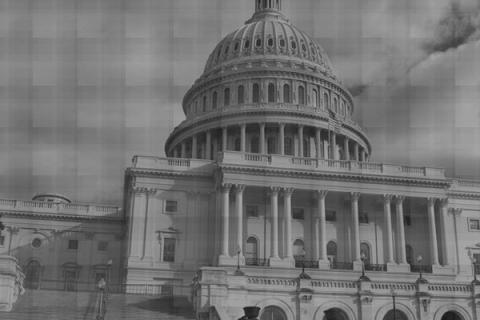
On Thursday former U.N. Secretary-General Kofi Annan resigned from his position as the U.N.-Arab League peace envoy citing the "increasing militarization on the ground" and "the clear lack of unity" in the U.N. Security Council.
A Reuters story this week reported that President Obama has "signed a covert directive authorizing U.S. support for Syrian rebels battling President Bashar al-Assad's forces." Reuters also reports that Obama held a telephone conversation with Turkish Prime Minister Tayyip Erdogan about speeding up political transition in Syria.
Although White House Press Secretary Jay Carney is insisting that it is only humanitarian and communication equipment, or "non-lethal" aid, the original Reuters report states that the secret order "broadly permits the CIA and other U.S. agencies to provide support that could help the rebels oust Assad." With such criteria, Obama probably did not authorize just the use of telephones.
Presumptive Republican presidential candidate Mitt Romney has vacillated between arming the rebels immediately and only arming "moderate" groups.
In essence, the primary difference between President Obama and Mitt Romney regarding Syria is which rebels to arm and when.
Rhetoric aside, Syria's real sin is not that it is a controlled state run by a hereditary dictator. Rather, it is not a client of the West in general and Washington in particular.
Nominally anti-American, Syria poses no discernible threat to American national interests. As brutal as Assad is by Western standards, he has kept a lid on the sectarian strife bubbling beneath the surface. Anyone with a rudimentary introduction to Syria knows a pluralistic democracy is not going to spontaneously flower upon the expiration of Assad.
But it was an entry in National Review Online's "Corner" blog by Benjamin Weinthal on Friday entitled, "How Obama is Letting Iran Win in Syria" that was a rather helpful look into the real reason the political and media class are anxious to sack Assad:
"Assad's campaign to decimate Syria's reform movement reached 10,000 deaths in late May. A mere two months later the death toll has doubled to over 20,000 lives. Mitt Romney, the presumptive Republican presidential nominee, deemed Obama's Syria strategy a 'policy of paralysis' and has called for lethal military aid to the rebels seeking to dissolve the anti-American Assad regime. . . .A policy rooted in political realism, rather than intervention, ensures the stability of the Syrian regime, the Lebanese-based terrorist entity Hezbollah, which is believed to be active in Syria, and the Islamic Republic of Iran. This troika of global terrorism (coupled with Russian support) provides Assad's lifeblood.This week, former secretary of defense Donald Rumsfeld told Steve Malzberg that 'Syria is a very close ally with Iran' and they are 'active in supporting various terrorist networks, including Hamas and Hezbollah.' Rumsfeld added, 'It would be highly desirable to break up that relationship' between Iran and Syria."
Weinthal's laughable characterization of the rebels as a "reform movement" notwithstanding, the whole point of arming the rebels is to enact regime change in a strategy that isolates Iran.
But by de facto supporting the rebels, the U.S. will be supporting an opposition whose components are not definitively known but do include al Qaeda fighters and the Syrian Muslim Brotherhood.
The result of this gambit may succeed in hurting Iran, but at what cost? The Islamic Republic will still have its Russian and Chinese allies. But by upending the dictator with the intent of weakening Iran, the U.S. will also be destabilizing the region by not only creating a potential haven for jihadists, it might also be arming them.
